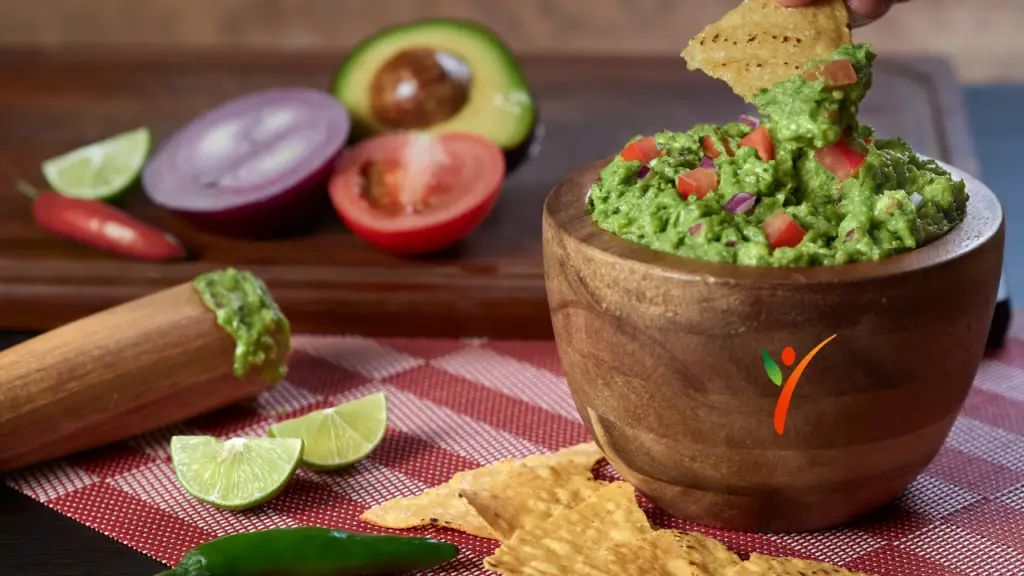Avocados are a green pear-shaped item you find in the fruit and veggie section of your store. They may look foreign to those who wonder what exactly they are. But there's a lot more behind their history, importance, and health benefits.
There is so much you might not know about these delicious and creamy delicacies. And some of these facts might be mind-blowing if you're hearing them for the first time.
They're Not Vegetables
While avocados are compliant with most savory dishes, they don't come under the category of vegetables. Instead, this fleshy green food is a fruit! Avocados grow on trees, and there's a seed in the middle, which makes them stand in the fruit category.
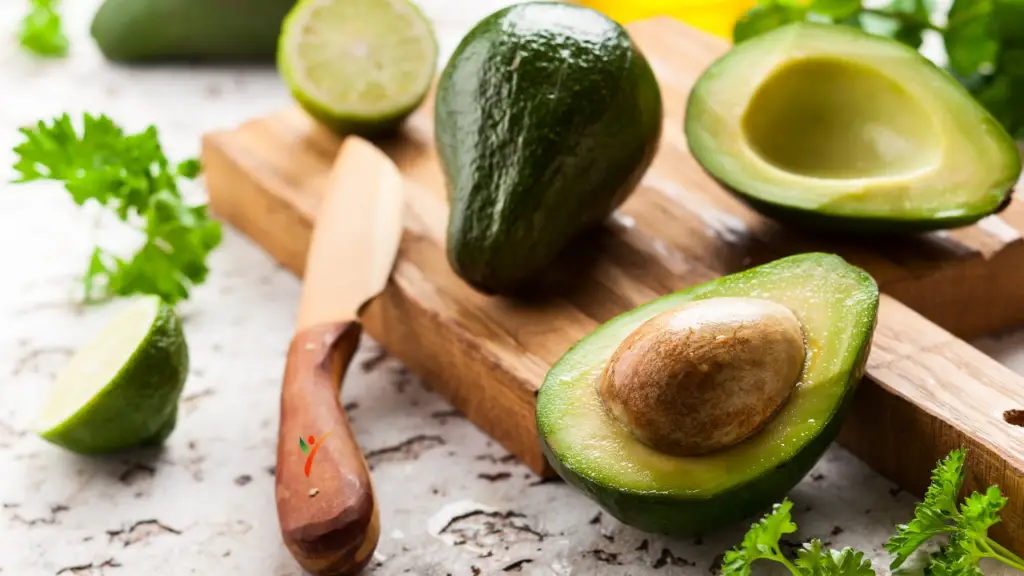
Many people don't define them as fruit due to the lack of sweetness compared to other fruits, but that doesn't eliminate them from the fruits group. To take it a step further, consider berries with their fleshy skin and single seed.
Avocados are botanically similar to berries, which places them in the berry family. Therefore, they belong to the genus Persea in the Lauraceae family. You can even use them to make a delicious dressing for your salads.
Their Skin is Toxic for Pets
Avocados contain a fungicidal toxin known as persin. Every part of the avocado tree and its fruits, including the bark, leaves, flesh, pulp, and pit, contains persin. Although, you don't need to worry because avocados are not toxic for human consumption.

On the opposite hand, even a single avocado can cause havoc when eaten by an animal. Some species like livestock, birds, and horses are sensitive to persin, meaning eating avocados can lead to death too for these animals.
Experts state that dogs and cats can eat avocados in a controlled amount, but you should avoid giving them to your pet unless you want to have a pet dog suffering from vomiting and diarrhea.
There are Hundreds of Varieties
A single state may have several avocado varieties, but across the globe, the avocado varieties reach five hundred types! It's one of the fruits and foods, on the whole, with so many varieties.
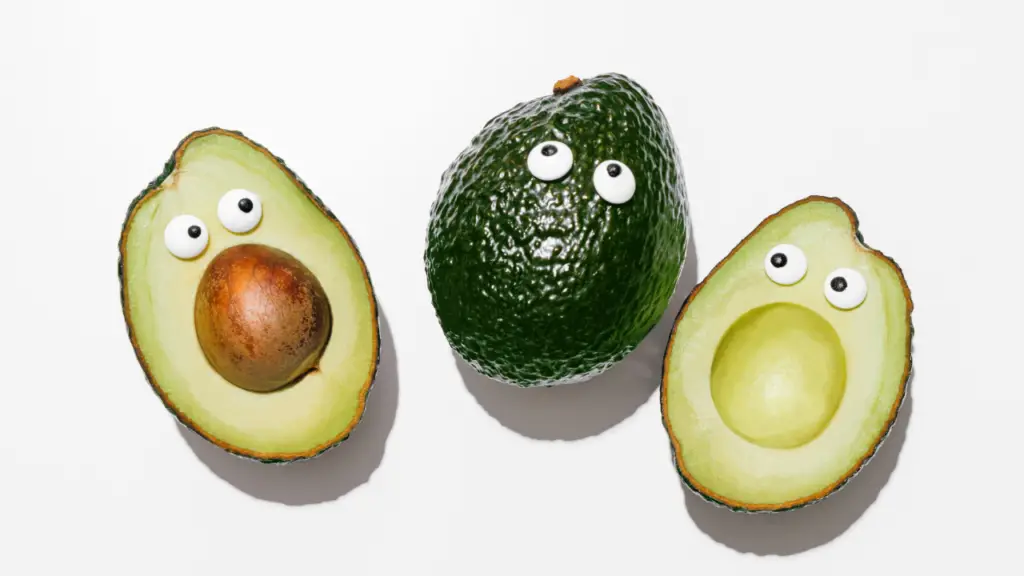
Avocados are classified according to the range of colors, sizes, textures, and the rate at which they ripen. However, that's not all there is to the varieties; avocado types differ in nutritional value and health benefits. Plus, don't always fall for ‘low-fat' avocado types. Some avocados with high-fat content, such as Hass avocados, are incredibly healthy for your health.
They Can Substitute Butter in Baking
Avocados have the tremendous advantage of being able to replace butter in baking recipes. They're one of the most common butter replacements due to their rich flavor and nutrition. You won't have to do much either.
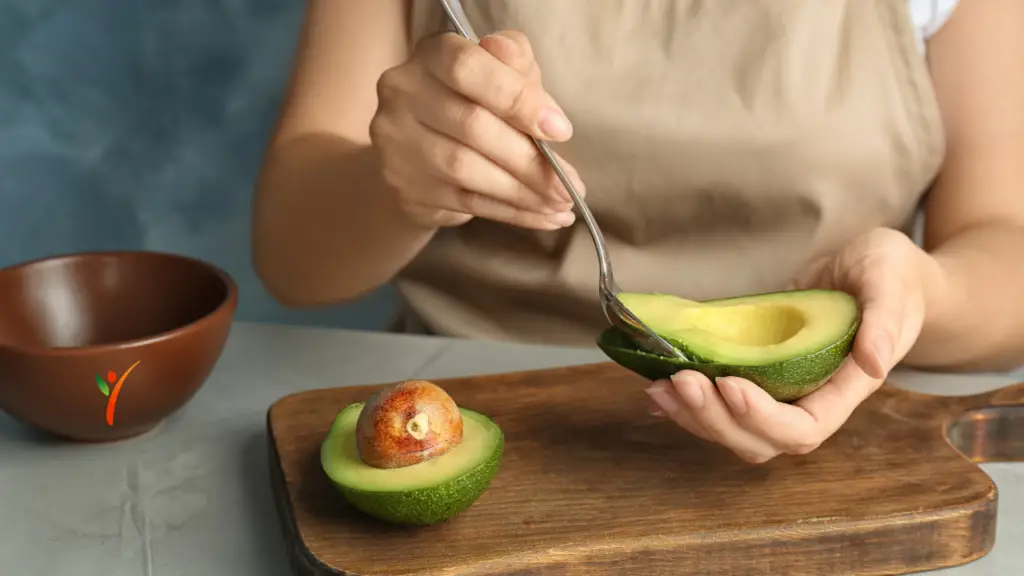
The replacement ratio is 1:1, meaning you can use the same amount of pureed avocado for the butter. With this trick, you're cutting out harmful fats from your baked goods by 3/4 the original amount when using butter. With their creamy textures, rich flavors, and nutritious nature, why would you want to miss out on this ingredient in your baking recipes?
They're Not Just Food
Avocados aren't just a fruit you can store in your fridge and make recipes out of, but one that can become your bathroom-favorite supply! From hair masks to skincare products, avocados belong in many places.

Eating avocados and applying them brings an impeccable difference to your skin and hair. Get avocado-based hair masks or make a homemade version to reduce hair fall, promote the growth of healthier hair, and boost the silkiness and shine of your hair. Skincare products with avocado moisturize skin, prevents breakouts, and provides skin nourishment.
They Have Had Many Names
The term “avocado” for this green fruit is a relatively newly introduced name. Previously, avocados have had many names throughout history—Aztec history named avocados as āhuacatl in 500 BC, which means testicles. The reason for this term could be because of their appearance and tendency to grow in pairs.
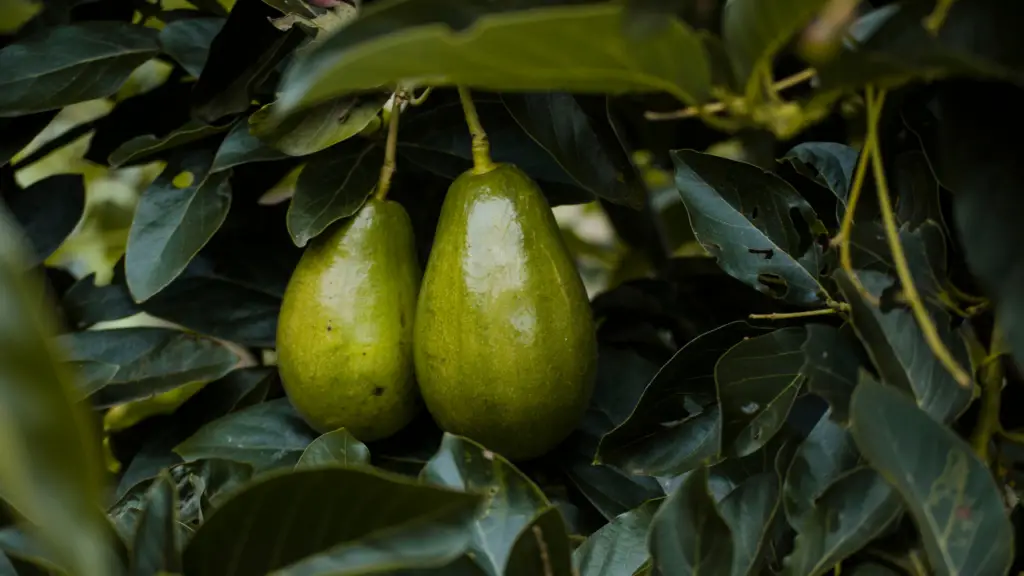
Later on, the English changed the term avogato pears, introduced by the Spanish, to alligator pears. And thus, the name stuck for several decades until the Americans decided that alligator pear as a fruit's name was strange and changed it to avocado.
They Can Ripen Quickly
You can leave avocados after maturation for up to eighteen months on the tree without worrying that they'll overripen. Avocados only start to ripen once you harvest them from the tree. Although, sometimes, your patience diminishes as you wait for the fruit to ripen on its own before you can use it.
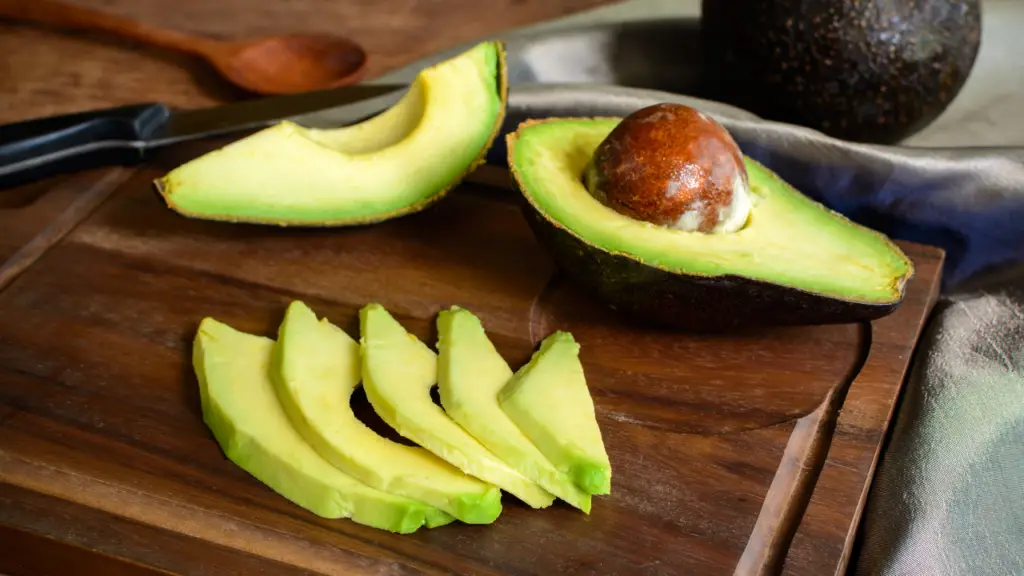
The great thing about avocados is that there's not much science in assisting its ripening rate with a few tricks up your sleeve. Avocados are a fruit that relies on companionship. Besides growing in pairs, avocados can ripen faster when placed with a banana or apple in a paper bag for only 2-3 days, depending on how ripe you want them.
They're a Source of Multivitamins
A single avocado contains some of the most fundamental vitamins for a healthy lifestyle, including Vitamins B, C, E, and K, in abundant quantities. They have minute amounts of Vitamin A in them too! These vitamins are integral for your body to perform daily functions and maintain your physical wellbeing.
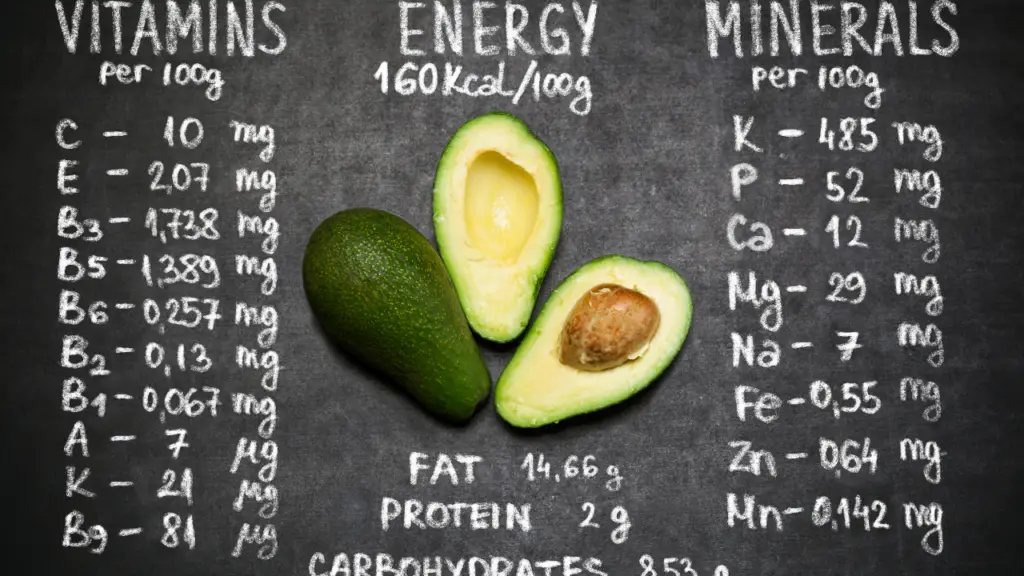
One serving of avocado fulfills 10% DV of Vitamin E, 13% of Vitamin B6, 14% of Vitamin B5, 17% of Vitamin C, and 26% of Vitamin K. Your body needs these vitamins for a strengthened immune system, promoting health and growth, and enable the internal organs to function normally.
They're a Nutritious Superfood
Vitamins aren't the only nutrients packed in avocados. There are numerous other nutrients and antioxidants making avocados a superfood. Folic acid, Omega-3 fatty acids, potassium, magnesium, lutein, and beta-carotene, avocados have all of these in one whole fruit.
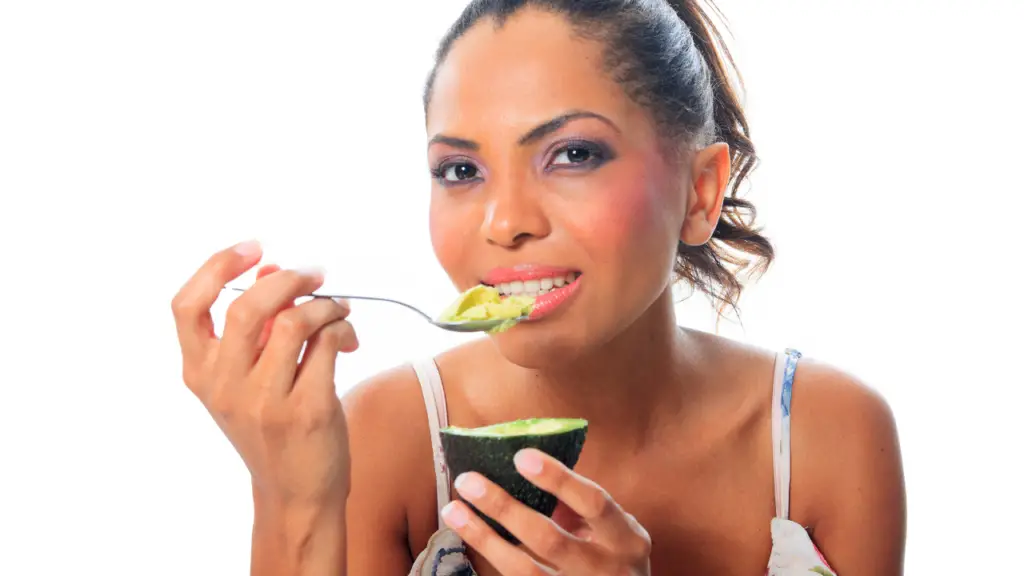
Avocados are also known to be an excellent source of dietary fiber. Another surprising piece of information is that they contain more potassium than the renowned potassium-provider- bananas! Combined with all this goodness in a single serving of avocados, your body is bound to be grateful to you for providing it with natural healthy foods.
They're Beneficial for Reducing LDL
Many individuals stray away from avocados because of their increased consistency of fats. In reality, the highest amount of fats in avocados are monosaturated healthy fats and not saturated fats that are unhealthy.

With increased intake of healthy fats, avocados make for heart-healthy food for patients suffering from accelerated cholesterol levels by reducing LDL. Studies suggest that eating avocados alongside a healthy diet can significantly decrease cardiac disease risks AND improve an individual's overall heart health.
They Go with Every Diet
Whatever diet you have in mind to combat your health issues or shift to a healthier routine, avocados are the perfect addition to it! There's no diet that avocados don't compliment. You should avoid avocados in the circumstances that you're allergic since avocado allergies can cause oral and digestive issues.
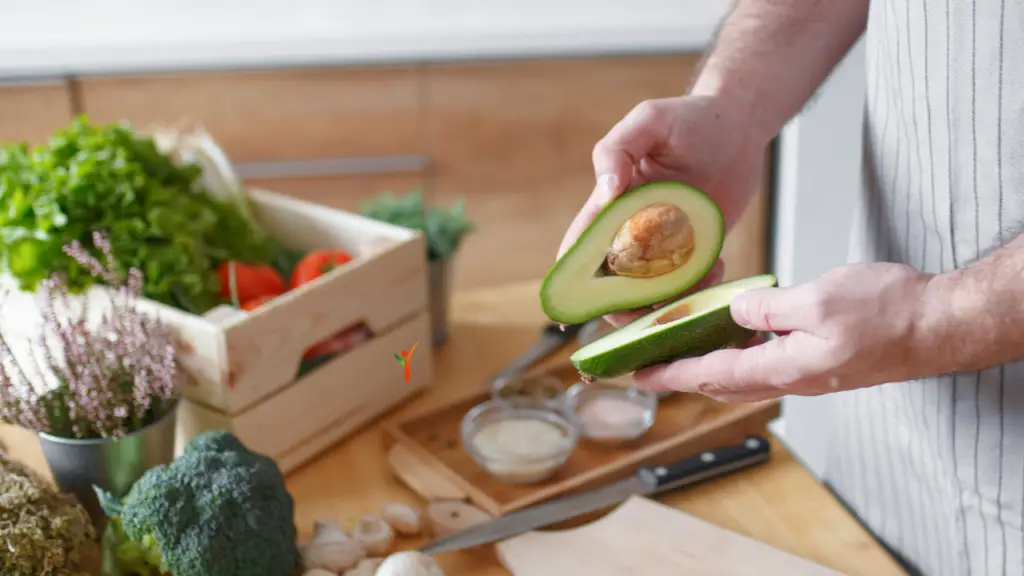
Otherwise, keto, vegetarian, vegan, dairy-free, gluten-free, whole30, avocados are the perfect ingredient for these diet meals. You can even have them on a low-fat diet since they're unsaturated fats and not the unhealthy types that you need to eliminate from the diet.
The Super Bowl and Avocado Consumption Go Hand in Hand
Super Bowl season is the time of the year when avocado consumption is at an annual high, so much that no other holiday, event, or season beats this number. When the Super Bowl comes around, Americans are about their snacks, and the enthusiasm calls for munching alongside the game.
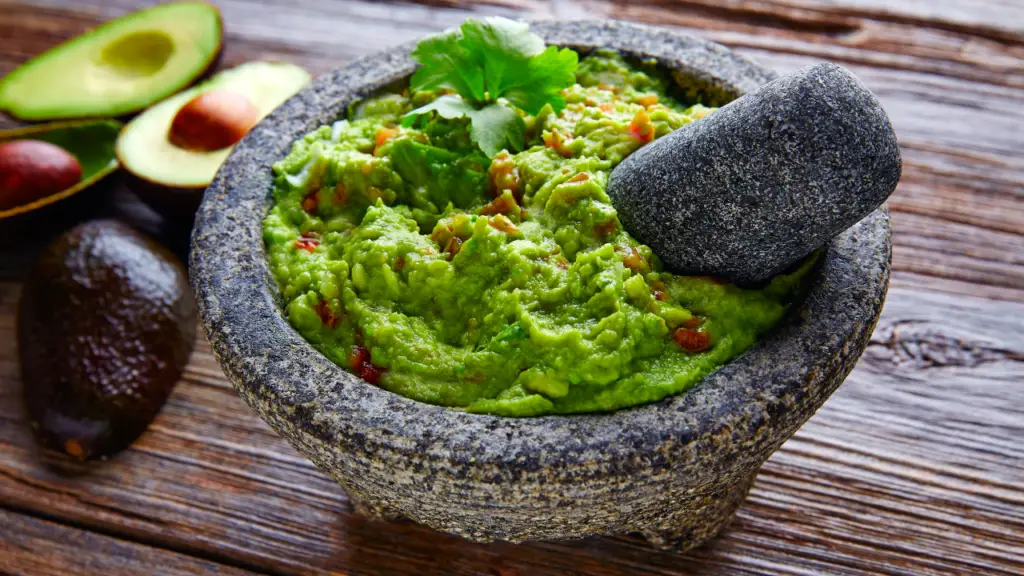
Imagine, over 130 million pounds of avocados are eaten during the Super Bowl in the US! Super Bowl Sunday, in particular, takes up the credit for the highest consumption rates. Almost all of this avocado-eating frenzy comes in the form of guacamole.
It's safe to say avocados have become the official Super Bowl staple food, and a traditional game is never complete without guacamole in hand!
Symbol of Love and Fertility
The Aztecs were people who symbolized everyday objects around them for perceived notions. In the same spirit, avocados were a symbol of love and fertility in the Aztec culture. Once again, avocados grow in pairs and usually pollinate only around other avocado trees.
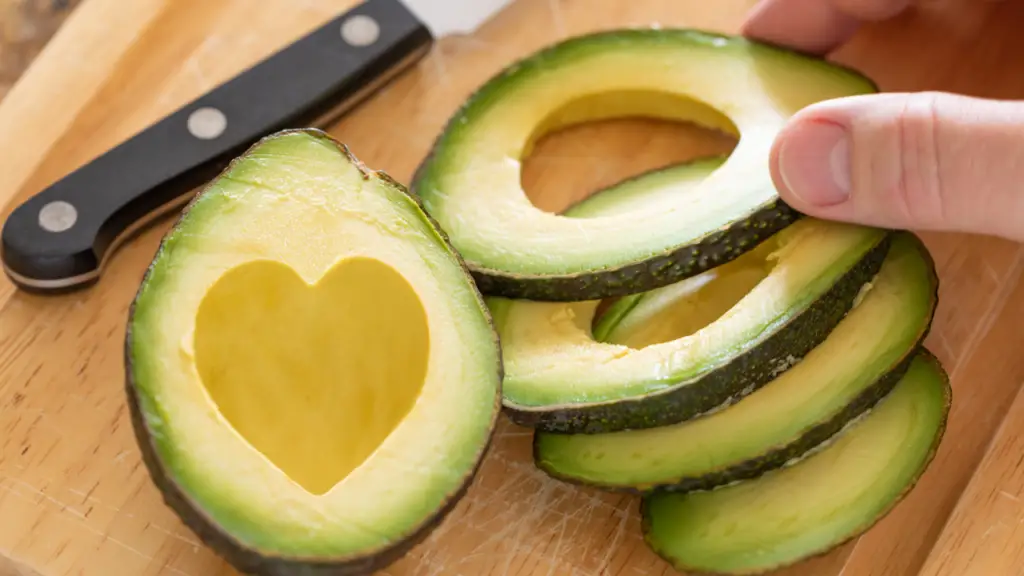
Therefore, because of the pair's concept, they were widely perceived as a symbol of love. Furthermore, Aztecs looked at avocados as foods that increased sexual desire and activity, which led to their prohibition for religious festivals and unmarried women.
They Have an Interesting History
Avocados have been around for much longer than you'd imagined. The discovery and usage of avocados are said to date back to 5000 BC. After discovering this savory fruit in Mexico, the Spanish Conquistadors started using it for various purposes. Besides adding it to their meals, they found the unconventional method of making ink from avocados.
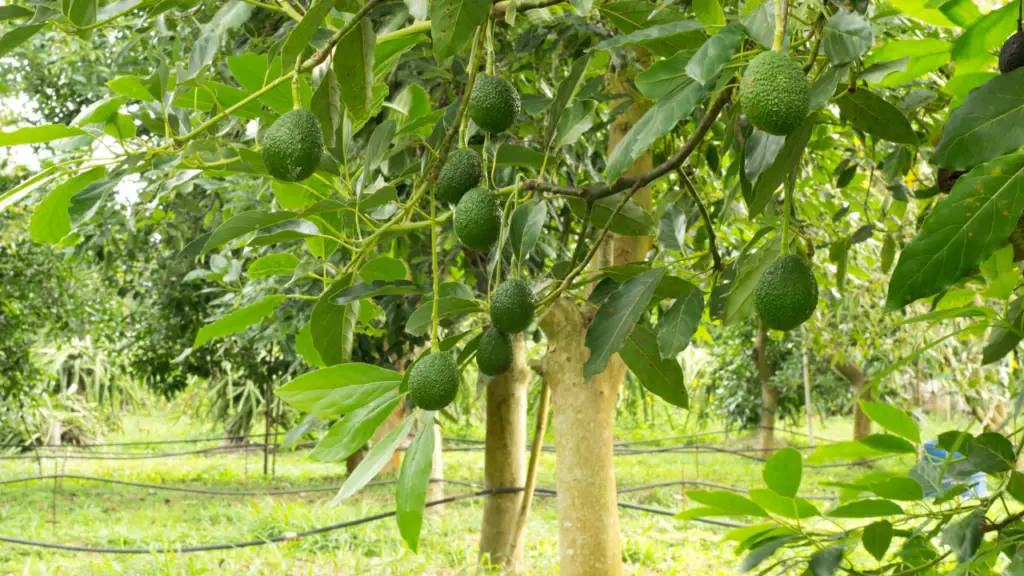
From here, avocados quickly became popular throughout America and Europe. Today, avocados are still primarily a native Mexican fruit due to their climacteric nature, but the significant suppliers are California and Florida.
They Can Help in Pregnancy
Other than increasing your chances of fertility (Yes, avocados do that, it's not just an Aztec myth!), they can promote and maintain physical health once you're pregnant. Many experts recommend adding avocados to your diet, especially if you're pregnant.

Avocados, with their nutritional abundance, assist in the repair of damaged cells and promote health. It's not only pregnant women that avocados prove to be beneficial for, but also the fetus. They decrease the chances of defects and supporting stable growth.
Final Words
Now that you're all aboard the avocado bandwagon and these facts have piqued your interest, don't miss out on some delicious avocado recipes. The best part- there are tons of healthy recipes for both savory and sweet lovers. Maybe skip the processed guacamole and make a healthier homemade version for the next party!
